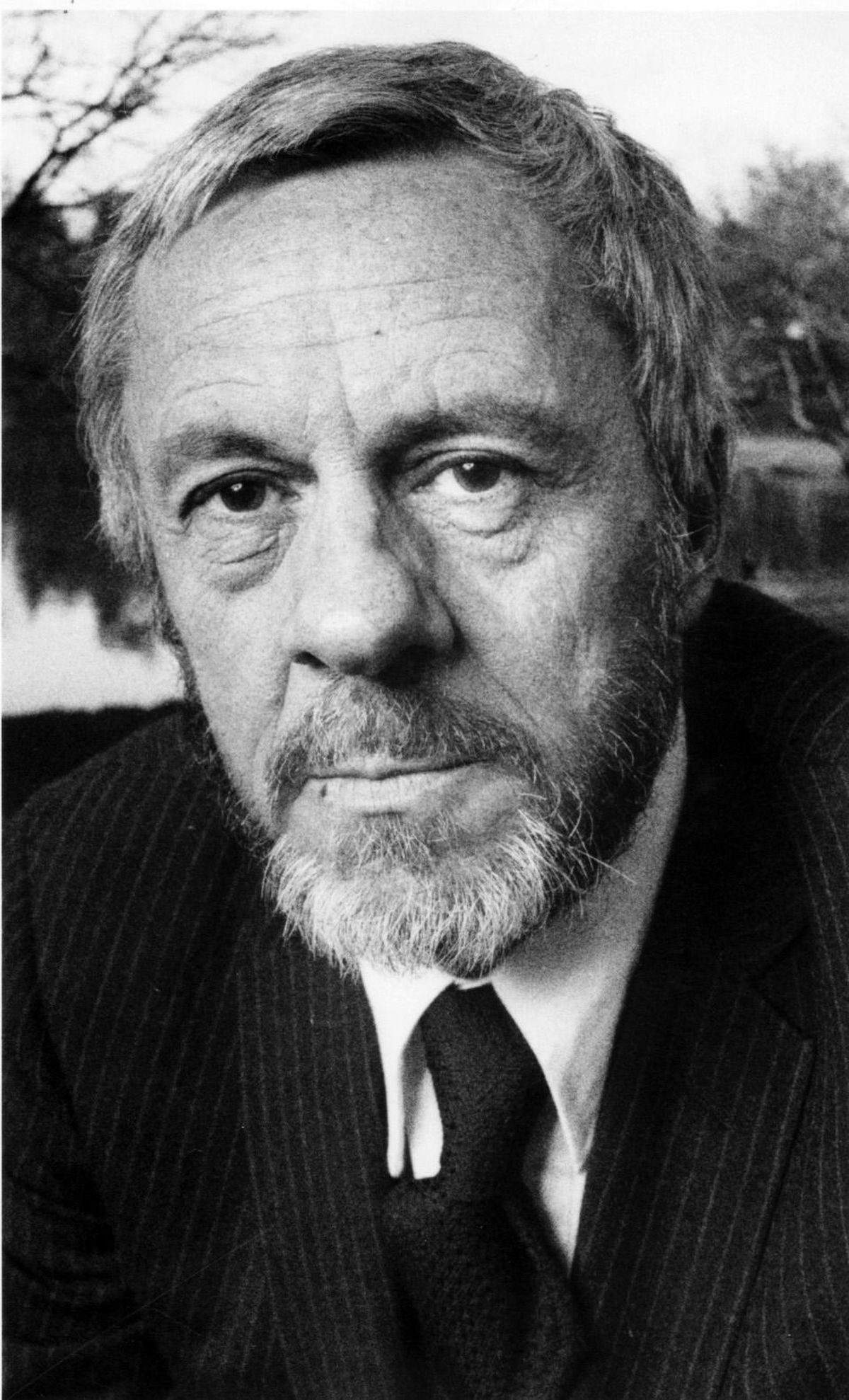‘Son’ author ‘documented humanity of his victims,’ friend says

From 1978 to 1981, more than 40 women were brutally assaulted on Spokane’s South Hill. Eventually, Kevin Coe (then known as Fred Coe) was convicted of some of the assaults. He served 25 years in prison and remains confined to the Special Commitment Center on McNeil Island. He has always maintained his innocence.
The story was already national news. After all, Coe was the son of a prominent Spokane family − his mother, Ruth, was a noted socialite, and his father, Gordon, was managing editor of The Spokane Daily Chronicle. The case took a bizarre twist when his mother, Ruth, was arrested and convicted for trying to take out a hit on the judge and prosecutor in her son’s case.
In 1983, journalist Jack Olsen published “Son: A Psychopath and His Victims,” which became a national best-seller and won an Edgar Award for nonfiction.
Now, Scribner has re-released “Son” in print and for the first time as an e-book. Olsen, a longtime resident of Bainbridge Island, died in 2002. His friend Gregg Olsen, a best-selling true-crime writer and no relation to Jack Olsen, was tasked with writing a new forward for the book. In an email interview, we talked with Gregg Olsen about the lesson that can be learned from reading “Son” today and the impact Jack Olsen’s work had on his own life.
As great as Jack Olsen’s research and writing could be, it was the way he documented the humanity of his victims that also resonated with me – and still does. I always considered Jack’s books to be about people first. Not a crime. They were people who were touched by something very dark and evil. For the victims in Jack’s books (he wrote 30 others, many dealing with true stories of rape or serial killers), the evil didn’t define them at all. For the perpetrators, he made us see the trajectory of life events, circumstances, sometimes even biology that led them to do the unthinkable.
Rape still exists, of course. But I think “Son” is a great reminder that evil can be extinguished when we rally around each other with compassion and vigilance. Guys like Coe are out there and when they do their evil deeds, we know that no one asked for it. We know that no one should live with shame because of it. But there was a time, not long ago, when all of that wasn’t true.
Jack Olsen’s book reminds all of us that no matter how beautiful the place, no matter how pretty it’s surface, bad things lurk there. And we’re just not going to stand for it.